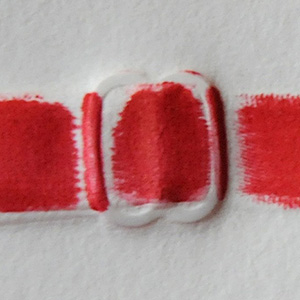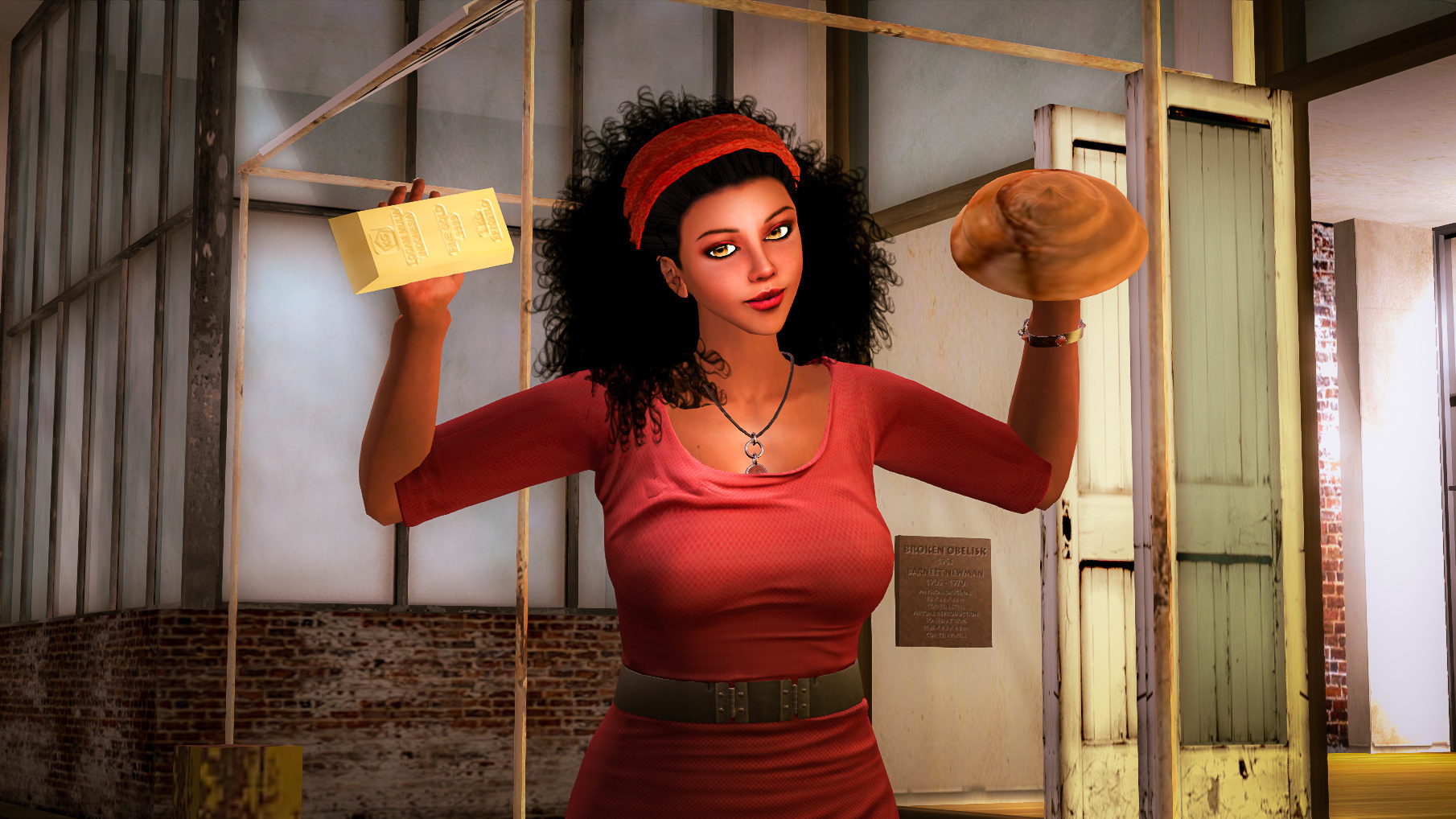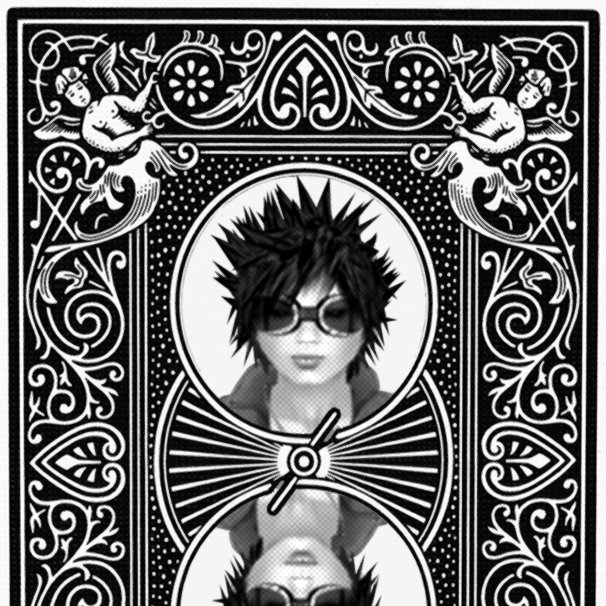
Along with some grad school friends I did a fair bit of printmaking back in the day. I must have tried 100 different printmaking papers. All kinds of amazing fine printmaking papers, exotic papers, banana leaves, huge sheets of Southeast Asian toilet paper. An enormous range. Many of these papers were wonderful. But for all the different papers I’ve tried, it won’t take me more than 300 milliseconds to tell you what my absolute favorite was: Rives BFK. It’s the most glorious sheet of paper I’ve ever touched. It’s a printmaker’s dream. And your gaze can get lost for eons in the sublimity of that deckle edge.
Rives BFK
BFK is a heavyweight printmaking paper with long and supple fibers. If you’re going to drag a drypoint line across a sheet of copper, BFK is the paper you want to pick up the subtle inking in the burr your needle leaves in its wake. For intaglio work you tend to soak BFK for a few hours before printing it so it can really grab the ink and the texture of your plate. It’s beautiful for inked embosses and blind embosses as well.

In intaglio and relief the strength and flexibility of BFK’s long fibers can give you amazing texture and relief. I’ve printed inked CD’s and inked tortillas. Tortilla prints are a little tricky on the press pressure: a little too light and you get almost no image, a little too heavy and you extrude your tortillas! (not pretty) Flour tortillas might not extrude, but I don’t think they can give you all that great texture of a corn tortilla. I printed my old underwear too. Inking and printing a bra with a bit of fine lacework can produce a wonderful image. Best of all, all the metal bits: the snaps, and hooks, and fasteners, can leave a sensational emboss on BFK. You can apply a nice amount of pressure and those long fibers will still resist tearing.
BFK is really a fine etching paper, but I also loved using it in lithography and screen printing. Everything just seemed richer and more elegant on BFK.
Prints often wind up behind glass. It’s reasonable from an exhibition and preservation perspective. But it’s criminal from a sensual experience perspective. It’s crazy how much money we used to spend on glorious printmaking papers like Rives BFK, and then to trap all that texture and the smell of the ink under glass.
And My Point Would Be?
This reverious tome is brought to you in part by the joy of remembering a beloved art activity that I spent so much time doing once upon a time, but that I don’t practice these days. But the primary reason is that I did a 1-tweet anti-print rant at someone yesterday. They replied that new media was cool, but print was what they knew. And then I felt bad for being so pompous. I don’t happen to play vinyl records, but it’s cool that some peeps still collect and enjoy that medium.
Print sometimes frustrates me in that I feel that it can be elitist. An expensive JSTOR article that a doctor in the developing world can’t afford to read. A faculty member that publishes in prestigious, expensive, and arcane journals, and refuses to blog their work for the rest of us because academic reward models don’t care about enlightening the people. Or just an inexpensive paper magazine that’s beautiful, but that’s serving somewhat less than the 2.92 billion people it could be available to online.
I really value Open Access. And nothing beats the Open Web for Open Access. Not obscenely expensive journals, nor Facebook, nor any other silo’d medium. They can’t contribute to the wealth of human knowledge with quite the power of a website or blog or wiki on the open web. So when I saw this tweeted question, well, you can see my reply.
@hackcircus stop fetishizing dead trees & reinvent "the blog" as a true new media experience available to 2.92 billion human beings
— Vanessa Blaylock (@vaneeesa) November 6, 2014
I was definitely snippy. Perhaps in part because I felt like “The Blog” was a ghettoized afterthought to the “real” content of the paper magazine. I worried that “The Blog” wasn’t “real” content but just some crap we can throw online to sell more of our paper magazines.
Freedom
Geopolitics in 2014 is pretty damn complex. I don’t want to oversimplify the long and interwoven roots of our current global situation. Yet even for all the many factors, I do believe it’s true that Wikipedia & Walmart can do more to fight terrorism and promote freedom and democracy than Surveillance & Drone Strikes.
In the long run I believe that poverty hurts everyone. No doubt we can and should do more to grapple with the problems of physical need, like food, medicine, shelter, and community infrastructure. But at least those problems are hard. When it comes to Information Poverty, really, what’s our excuse? That should be easy! Better educated people live richer, happier lives, they benefit their community and humankind more, and they’re less likely to want to kill foreigners. Ending Information Poverty should be everyone’s job, and it should be easy, shouldn’t it?
@vaneeesa my bkground is print & I'm contracted for 3 yrs with printers. HC has no £ yet. New media would require totally new skills & team.
— Hack Circus (@hackcircus) November 6, 2014
But then when my reply got replied to I felt very narrow and elitist. My point, somewhere in there, was to be less elitist, but my inflexible dogma steamrolled over that, perhaps a bit like the way M. Zuckerberg steamrolled over all the messy creativity and individuality that used to exist on MySpace.
Free as in Facebook
What does “Free” or “Free Forever” mean on Facebook? It means you don’t have to pay anything to have the NSA know every single thought that you, as a human being, have ever had. It means it costs you nothing to have an infinite stream of advertising that, for all the datamining they’ve done on you, seems so often curiously irrelevant anyway. It means you won’t pay a thing to have The Algorithm decide whether or not you should see your sister’s baby photos. It means that there’s no charge for turning everything in your world, products, people, and you yourself, into commodities to be sold to you, or to be monetized by selling you.

Print!
That was probably a tangent, but I couldn’t resist. Anyway, I’m here to apologize for being so dogmatic. I do want to see more knowledge and ideas and art and culture and insight shared with the human race, or the 2.92 billion peeps part of it that are currently wired. I do want to encourage more peeps to make more humanity available on the Open Web. Yes I’d love it if there was a way to move off culture silos (and meat packing factories) like Facebook.

But in the rush to do all that good stuff, I don’t really want to be telling someone publishing a beautiful paper magazine that they should save a tree and move to the open web. The world is a better place for having more species of animals and technology and media alive. Whether or not you use them, the world is a better place for having vinyl records and paper magazines.



